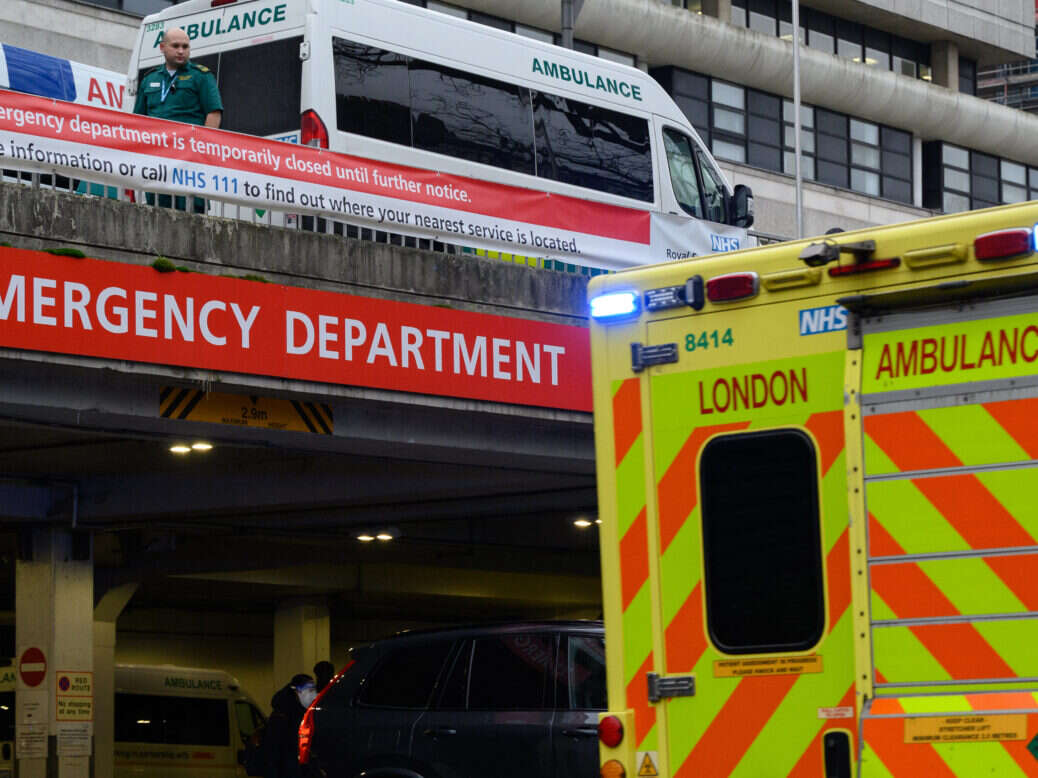In the constant rush of modern life, especially in a bustling city like London, it’s all too easy to get caught in a cycle of saying "yes" to everything. We find ourselves taking on extra tasks at work, agreeing to numerous favours for friends, and saying "yes" to social events we’d frankly rather skip. This habit often stems from a deep-seated fear of offending people, appearing unhelpful, or even being disliked. We worry about damaging relationships or missing out on opportunities. However, what we often fail to realize is that by constantly saying "yes" to everyone else, we are, in effect, saying "no" to our own well-being, our precious time, and our much-needed peace of mind.
This endless accommodation, while seemingly kind, can unfortunately lead to a dangerous pattern. People, whether consciously or not, can begin to exploit your accommodating nature. They see your willingness to help as an open invitation to offload their responsibilities or demands onto you. For example, at work, you might become the default person for last-minute tasks or projects that aren't truly yours, leaving you stressed and overworked while your colleagues enjoy a more balanced workload. In your personal life, friends might consistently ask for rides, favours, or even emotional support, seeing your time and energy as a resource they can freely tap into. The consequence? You end up feeling used and undervalued—like a "mug"—with your self-worth slowly eroding, replaced by nagging resentment and profound exhaustion.
Learning to say "no" is not an act of selfishness; it is a fundamental act of self-preservation and self-respect. It’s about establishing healthy boundaries and creating the essential space you need to thrive, rather than just survive. To begin, first understand your "why." What precisely are you protecting by saying "no"? Is it your mental health, your personal goals, your physical energy, or your precious free time? When you are clear on your "why," it becomes significantly easier to stand firm in your decision. Start practicing in low-stakes situations; for instance, decline a simple invitation to an event you're not enthusiastic about, or politely say you can't help with a minor favour. The more you practice, the more natural and empowering it will feel.
When you do say "no," strive to be direct and concise. You don't owe anyone a lengthy explanation or an elaborate excuse. A polite yet firm, "I appreciate you asking, but I can't take that on right now" or "That doesn't work for me" is perfectly acceptable. It's crucial to remember that you are saying "no" to a specific request, not to the person themselves. Your value as a friend, colleague, or family member is not, and should not be, tied to your ability to fulfil every single demand placed upon you. The first few times you assert this boundary might feel uncomfortable, and that's entirely normal. Acknowledge that feeling, but don't let it deter you. That initial discomfort will gradually lessen with practice, ultimately being replaced by a profound sense of confidence and empowerment. By learning to strategically say "no," you reclaim your life, protect your well-being, and create the vital space you truly deserve to flourish.



